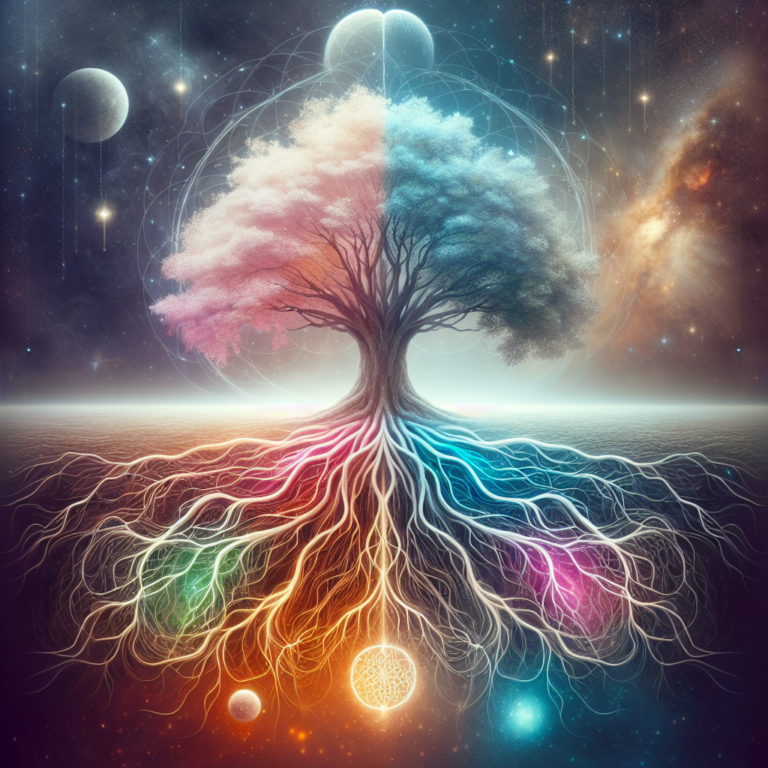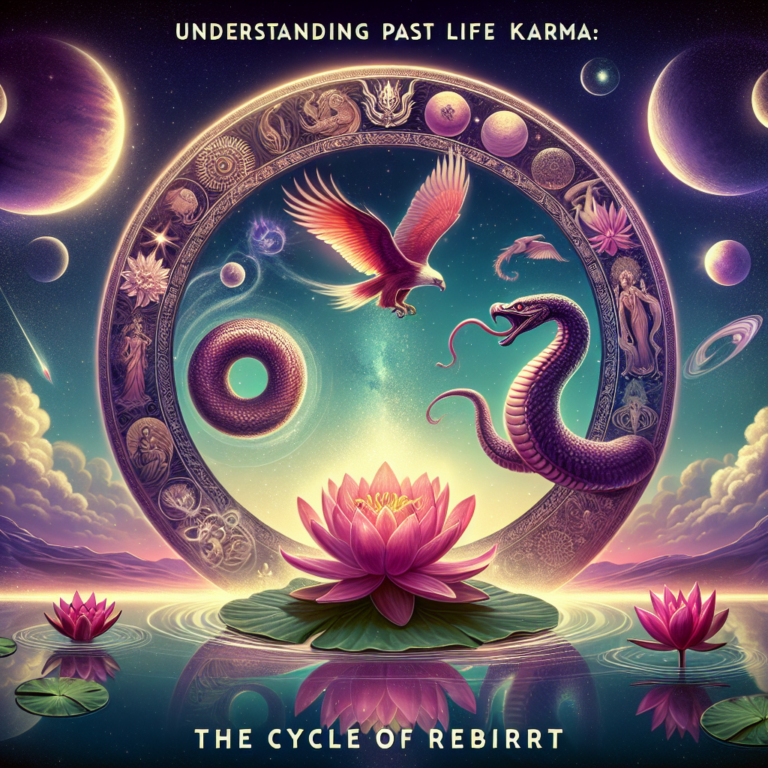Introduction
The reality television landscape has dramatically transformed over the past few decades, introducing audiences to diverse narratives and cultures through captivating storytelling. One such show that has carved its niche is “Family Karma,” a series that centers around the lives of Indian-American families living in Miami. Premiering in March 2020 on Bravo, the show quickly gained a devoted fan base, sparking discussions around cultural identities, generational conflicts, and the intricate web of friendships and familial relationships that define the South Asian experience in the United States.
A Deep Dive into South Asian Culture
At its core, “Family Karma” is not just another reality show; it serves as a window into the rich tapestry of South Asian culture, exploring themes such as love, tradition, and community. The series follows a cast of Indian-American friends as they navigate life’s challenges while balancing their cultural heritage with the American lifestyle. This duality is a common experience for immigrants and their descendants, where the richness of their background often clashes with contemporary societal norms.
The Cast: A Reflection of the Community
The show features vibrant personalities, each representing different aspects of the Indian-American experience. From the carefree spirit of Vishal Parvani to the more traditional values upheld by Anisha Ramakrishna, each character brings unique perspectives and experiences to the fore. These diverse narratives resonate with viewers who may feel similarly divided between the expectations of their family and their aspirations.
Vishal Parvani
Vishal, known for his charm and humorous outlook, represents the younger generation that often strives to balance personal desires with familial expectations. He showcases how the pressures of tradition can sometimes conflict with the pursuit of individual happiness.
Anisha Ramakrishna
As a character who frequently emphasizes traditional values, Anisha highlights the importance of family and cultural heritage. Her storyline often prompts discussions about the significance of maintaining one’s roots while embracing a more modern identity.
Thematic Elements of Family Karma
Generational Conflict
A recurring theme throughout “Family Karma” is the generational conflict that exists within immigrant families. The older generation often struggles to understand the aspirations and lifestyles of their children, whose perspectives are shaped by a different cultural landscape. This dynamic creates tension that offers both drama and relatability, demonstrating how cultural values can evolve over time.
The Role of Marriage and Arranged Marriages
Marriage, particularly arranged marriage, is a key aspect of Indian culture that the show doesn’t shy away from addressing. Viewers witness the characters grapple with preconceived notions of love and commitment versus the modern ideals of romance and partnership. For instance, the arranged marriage discussions among the cast members serve as both comedic relief and a platform for deeper conversations about their values and beliefs.
Cultural Celebrations
Another significant element of “Family Karma” is its vibrant portrayal of cultural celebrations and traditions. From Diwali to Holi, the show highlights the importance of these festivities in strengthening community bonds and maintaining cultural identity. These celebrations are depicted with authenticity and joy, allowing viewers—especially those unfamiliar with South Asian customs—to gain insight into the beauty and richness of the culture.
Friendship and Community
The friendships depicted in “Family Karma” serve as a testament to the strength of community among Indian-Americans. The cast’s bond illustrates the ways in which cultural backgrounds can create shared experiences and establish support systems. Their interactions often highlight the joy, heartbreak, and camaraderie that emerge from navigating life’s ups and downs together.
The Impact of Reality Television on Cultural Perception
Reality television has the power to influence cultural perceptions significantly. Through “Family Karma,” audiences gain a deeper understanding of the complexities involved in the lives of Indian-Americans. The portrayal of authentic characters and situations allows for a more nuanced discussion about cultural identity, making space for empathy and awareness in a society that often relies on stereotypes.
Challenging Stereotypes
The show challenges common stereotypes associated with South Asians, presenting them as multifaceted individuals with their own dreams, struggles, and insecurities. By showcasing real-life experiences and relatable conflicts, “Family Karma” provides a refreshing perspective that counters the often caricaturized representations of South Asian individuals in mainstream media.
Representation Matters
Representation in media is crucial, as it impacts how communities view themselves and how others perceive them. “Family Karma” provides a platform for South Asian voices, allowing for stories that might otherwise go untold to surface. This nuance encourages audiences to rethink their assumptions and biases about different cultures.
Conclusion
“Family Karma” is more than just a reality show; it is a cultural exploration that addresses the complexities of identity, tradition, and the immigrant experience. As the characters navigate their lives, struggles, and relationships, they bring awareness to the joys and challenges that come from living in a multicultural society. The show’s celebration of cultural heritage, coupled with its willingness to address contemporary issues, makes it a significant addition to the realm of reality television.
In an era where representation is becoming increasingly vital, “Family Karma” lights the way for more authentic portrayals of South Asian experiences in media. By delving into themes of generational conflict, marriage, friendship, and cultural celebration, it fosters an environment of understanding and acceptance, encouraging viewers to appreciate the richness of diversity that shapes our world.
Frequently Asked Questions (FAQs)
1. What is the premise of “Family Karma”?
“Family Karma” follows the lives of Indian-American friends living in Miami as they navigate their personal and familial relationships while balancing their cultural heritage with contemporary American life.
2. How does “Family Karma” portray cultural traditions?
The show showcases various cultural traditions, including festivals like Diwali and Holi, highlighting their significance in strengthening community bonds and preserving cultural identity.
3. Are the characters based on real people?
Yes, the cast of “Family Karma” consists of real individuals, and their stories are grounded in their authentic experiences as Indian-Americans.
4. What themes does “Family Karma” explore?
The show explores numerous themes, including generational conflict, the significance of marriage (especially arranged marriages), friendship, and the experience of cultural duality.
5. Why is representation important in shows like “Family Karma”?
Representation is crucial as it impacts how communities are viewed by themselves and others. Shows like “Family Karma” provide a platform for South Asian voices and challenge stereotypes, fostering understanding and empathy.
It seems like your message got cut off. Could you please provide more details or clarify what you’re looking for? Whether you need assistance with writing, brainstorming ideas, or anything else, I’m here to help!, #Exploring #Family #Karma #Cultural #Significance #Show, #Exploring #Family #Karma #Cultural #Significance #Show, 1736532164, exploring-family-karma-the-cultural-significance-behind-the-show





